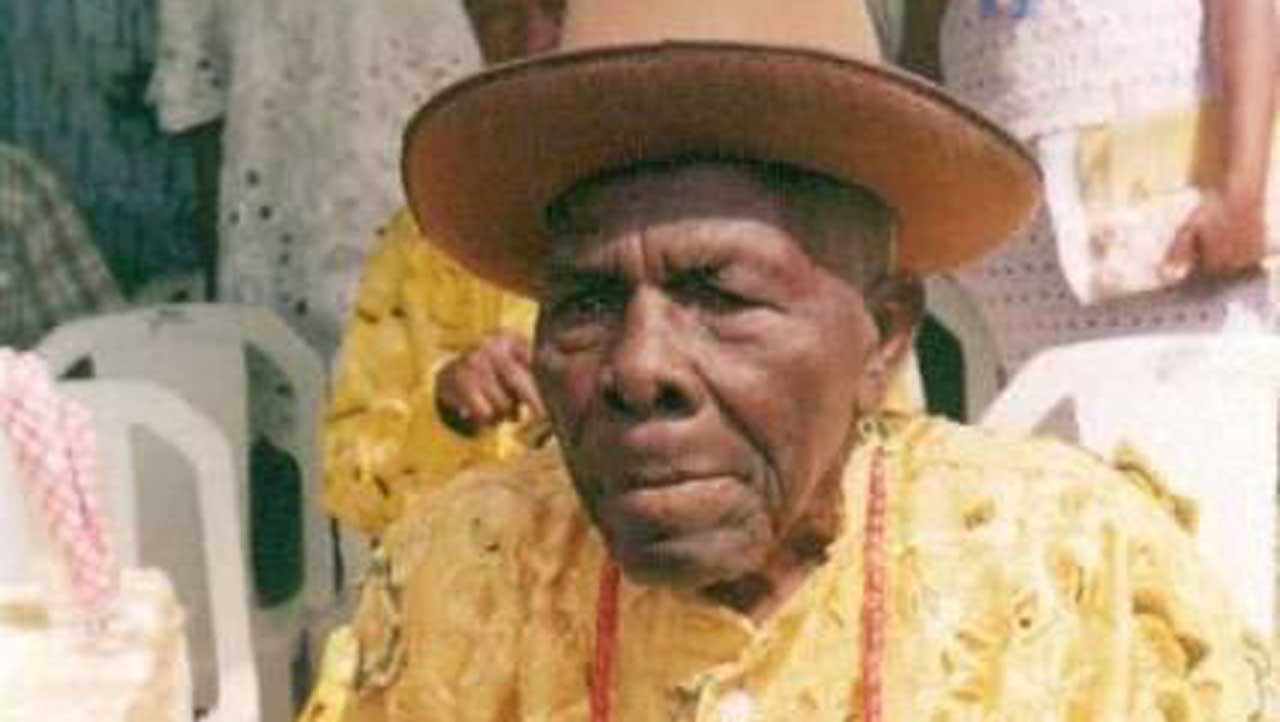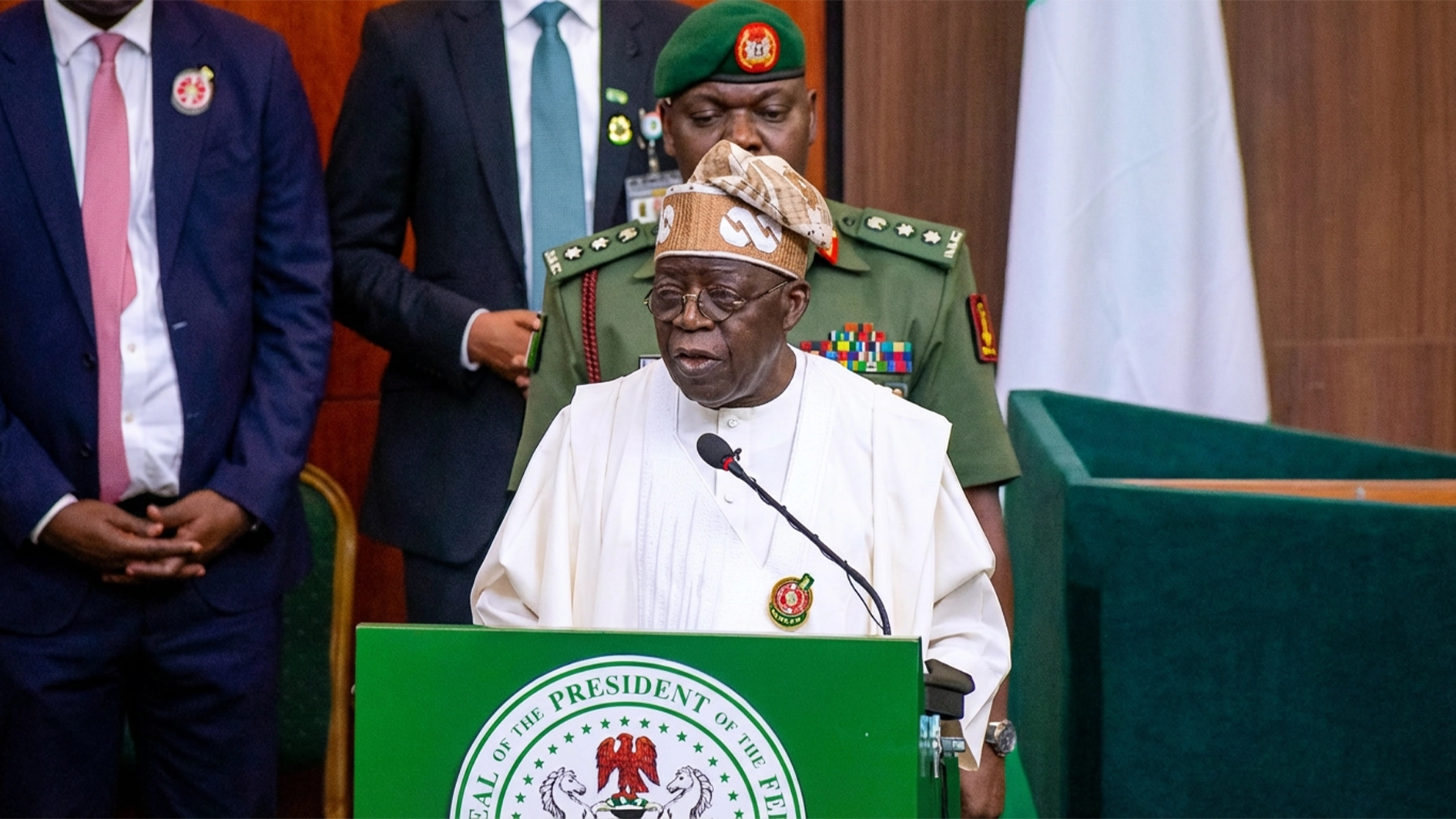
If there was any soldier who could have saved Nigeria from going to war in 1967 and thereby saved one million lives, it was Major-General David Akpode Ejoor, the first military governor of the defunct Mid-Western Region who died on February 10 this year and would be buried next month. He was 87. Even to his old age, Ejoor remained a reluctant warrior who wanted to create a middle-ground among the war mongers that dominated the national scene shortly after the second coup of July 29, 1966. His failure was significant for it led to one of the bloodiest civil wars of the 20th Century. This could not diminish his greatness or undermine his conspicuous place in contemporary Nigerian history.
Ejoor belonged to the second generation of Nigerian military officers after the first generation dominated by the likes of Thomas Aguiyi-Ironsi, Mohammed Zakariya Abubakar Maimalari, Samuel Adesujo Ademulegun, Ralph Shodeinde, E. O. Ekpo, Babafemi Ogundipe and Adeyinka Adebayo. Ejoor graduated from the Royal Military Academy, Sandhurst, in the United Kingdom, in 1950; one of the first Nigerians to do so. By the time of the first coup on January 15, 1966, Ejoor was the commander of the army battalion in Enugu and he helped to overwhelm the coup makers and saved the life of Dr Michael Okpara, the Premier of the East.
That coup was the beginning of his troubles. Major-General J.T.U. Aguiyi-Ironsi, the General Officer Commanding the Nigerian Army had taken over power in Lagos following the assassination of the Prime-Minister and other top leaders. Ironsi decided to make young officers his governors thereby by-passing many experience and more senior officers. He appointed Ejoor the governor of the Mid-West, Chukwuemeka Odumegwu-Ojukwu for the East, Adekunle Fajuyi for the West and Hassan Usman Katsina for the North. All four were lieutenant colonels. Katsina was the most junior among them and Ejoor the most senior. A young Major Mobolaji Johnson was made the Administrator of Lagos Federal Capital Territory.
Ejoor, like the other three governors, was a member of the Supreme Military Council which had been set up to rule the country by Ironsi, who took the title, Head of State and Supreme Commander. Ironsi, despite loud objections from some parts of the country, abolished the Federation and replaced it with what he called Group of Provinces. He wanted to rid Nigeria of the entrenched bitter ethnic rivalries that lacerated the First Republic in one fell swoop. It backfired. Ironsi and Colonel Fajuyi were killed on July 29, 1966, in the counter-coup that brought then Lieutenant Colonel Yakubu Jack Gowon to power. Scores of military officers, mostly of Igbo origin, were also killed in the counter-coup.
Gowon retained the Ironsi governors and pledged that the military would not stay in power beyond 1970. The only change he effected was in Ibadan where Colonel Adebayo, who was senior to all the other governors and Gowon, resumed as the military governor after the assassination of Fajuyi. The coming to power of Gowon brought unprecedented national crisis. The Igbos, Nigeria’s most travelled ethnic group, became targets of massacres in many parts of Northern Nigeria. It was at this period of national crisis that Ejoor’s sense of natural justice and patriotic instinct became manifest.
He was a consistent voice of moderation and peace. At the Aburi Conference in Ghana which was held under the auspices of the Ghanaian military government, Ejoor tried to placate Ojukwu to let the East return to Nigeria fully. He believed that the military had no mandate to plunge the country into a civil war.
Then the Ad-Hoc Constitutional Conference summoned for Lagos which was attended by delegations from the four regions and Lagos. The Mid-West delegation, led by Chief Anthony Enahoro, was most persistent that the federation be saved. The Eastern delegation, led by Professor Eni Njoku, former Vice-Chancellor of the University of Lagos, wanted the federation dissolved as instructed by Ojukwu. The other four delegations would not agree. The Eastern delegation, claiming it was not safe in Lagos, was coming by air every day from Enugu. One day, Ojukwu withdrew them altogether and the Constitutional Conference collapsed.
Ejoor felt at least something could still be done to avert a Civil War. Since Ojukwu would not come to Lagos, claiming he feared for his safety, Ejoor would guarantee his safety in Benin, the capital of the Mid-West. He therefore persuaded his colleagues that a meeting of the Supreme Military Council be held in Benin to avert the crisis. Ojukwu agreed to attend. However, when the meeting convened, Ojukwu did not show up. He also did not send any apology. Everyone was there: Gowon, the governors, the Inspector-General of Police, Alhaji Kam Selem, Commodore Akinwale Wey, the commander of the Navy and a battery of senior civil servants.
The Benin meeting was a turning point. That was when the proposal of Gowon to divide Nigeria into 12 states was approved. The old Eastern Region was divided into three: East Central, South-Eastern and Rivers. The West was divided into two, Lagos and the West. The Mid-West retain its old status. The North was split into six states. The Igbos were grouped into the East Central State while the minority nationalities of the East had the other two states. To placate Ojukwu, he was retained as the Governor of the East Central State. Ojukwu saw the creation of states as a direct affront. He denounced it and on May 30, 1967, he declared the secession of the former Eastern Region and proclaimed it as the Republic of Biafra.
Both sides misread the situation. Ojukwu boasted, when he heard that Gowon had vowed to crush Biafra, that “no army in Africa can defeat us.” Gowon too, underestimating the military power of Biafra, said rebellion would be crushed within three months. The Nigerian military initially made preparation for a three-month war. The war lasted for three years.
Ejoor did not want Mid-West to be turned into a theatre of war and Gowon therefore ordered Federal troops to assault Biafra from the North across the River Benue. Nsukka fell on July 14. A counter offensive by Biafra to regain Nsukka led to disaster and the famous Major Kaduna Nzeogwu was killed on the Nsukka front on July 30, 1967. Ojukwu knew Enugu was the next target. At 3 a.m. on August 9. 1967, Colonel Victor Banjo led the Biafran troops into the Mid-West in the war most famous blitzkrieg. The neutrality of the Mid-West had been destroyed and Governor Ejoor fled when the resistance of his guards collapsed. A separate Biafran unit, unknown to Banjo, under the command of Lt. Colonel Ochei, had been instructed by Ojukwu to capture Ejoor dead or alive.
The Mid-West offensive was important to Biafra and ultimately led to its defeat. After three days, Ojukwu prevailed over the objection of Banjo and named Colonel Albert Okonkwo, an Igbo, as the Governor of the Mid-West which he later re-named the Republic of Benin. On September 20, 1967 the Biafran 12th Brigade was finally halted at the battle of Ore, the first major clash of arms in Yorubaland since the armistice was signed in Imesi-Ile in 1896, ending the 100-years Yoruba Civil Wars. Colonel Murtala Muhammed rode to Benin and proclaimed a Benin man, Major Samuel Ogbemudia, the Governor to replace Ejoor. Ogbemudia was to be in power for eight years.
The Federal counter-offensive faced stiff resistance in the Igbo speaking area of the Mid-West. On October 7, 1967, Murtala Muhammed led his victorious troops into Asaba, the most important town of the Mid-West Igbo. He accused many of the young men who had come to welcome the Federal troops of being Biafran sympathisers. Almost 100 of them were shot. It became known in history as the Asaba Massacre.
Despite the Mid-West debacle, Ejoor resurfaced in Lagos and was appointed a director in the Ministry of Defence and became a member of the Nigerian High Command that planned the strategy that ultimately defeated Biafra. He became the first Nigerian commandant of the Nigerian Defence Academy and later the Chief of Army Staff. He was retired from the Army in 1975 when Murtala Muhammed came to power.
Ejoor had a flourishing post-retirement career. He became famously the President-General of the Urhobo Progress Union, UPU. Yet it was the war that defined his life, his struggle to create an alternative to war and his believe that Nigeria can have peace if more people believe in justice. It is debatable even now whether our country has learnt its lesson despite the death of one million people in the Biafran conflict.






